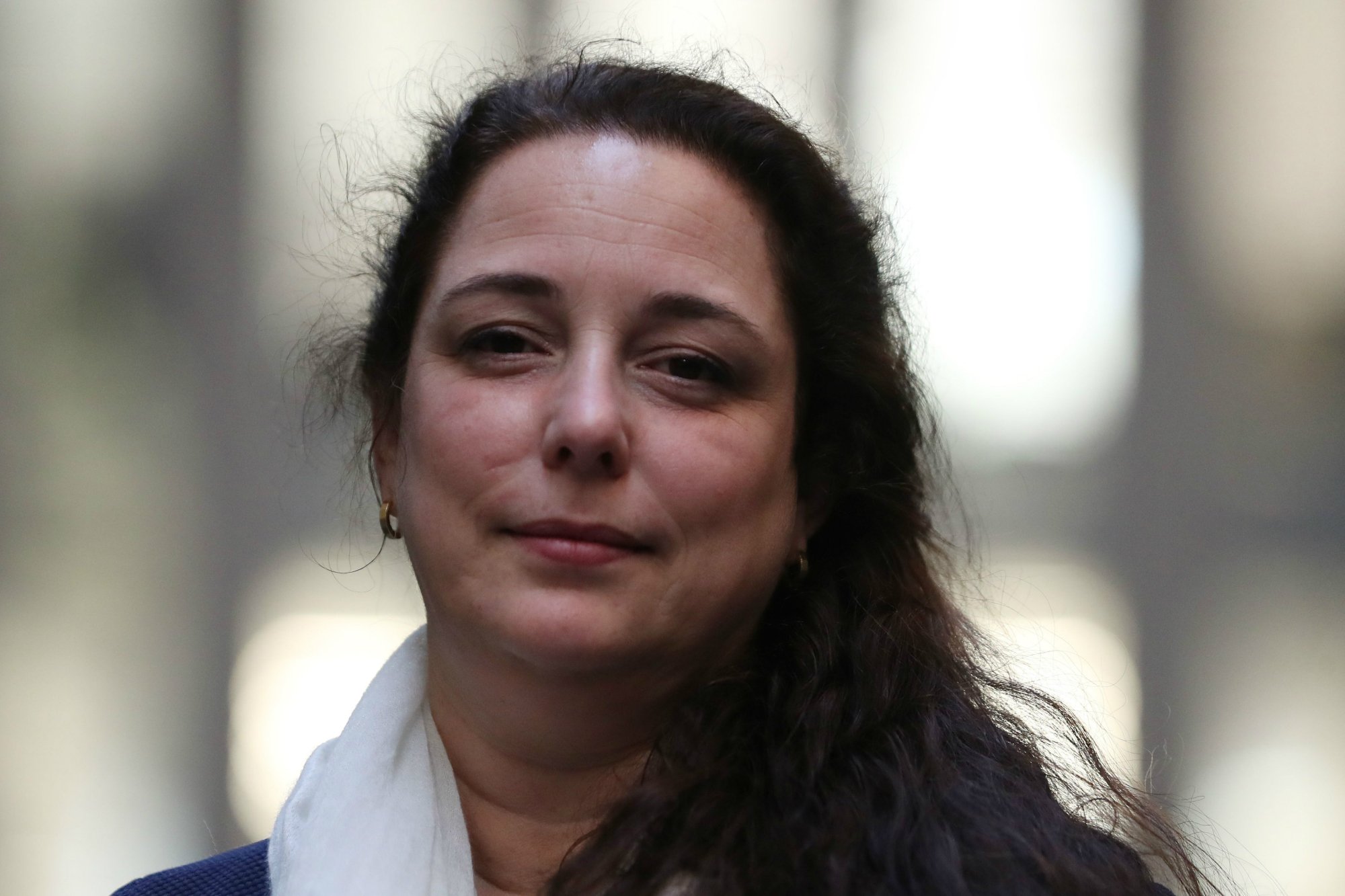
Cuban authorities detained and interrogated artist Tania Bruguera twice over the weekend and she is now under house arrest, the artist tells Artnet News.
The government clampdown comes as protesters ramp up calls for artistic and political freedom in Cuba. A week ago, hundreds gathered outside its ministry of culture, leading authorities to shut down the city’s Internet in an attempt to reduce awareness of the demonstrations—a move that backfired dramatically, Bruguera says.
“Artists as well as other citizens have reached a point of no more tolerance to violence by the state and unfair treatment to those who think differently,” Bruguera says.
Bruguera was held and interrogated for about six hours on Saturday night. She was released and then detained again at about 1 p.m. on Sunday for an hour. She attributes yesterday’s shorter detention to widespread calls for her release online.
“I can’t go out alone, so people came with me,” she said, and when she was detained, “they immediately put it on Facebook. I’ve been detained for as long as people on Facebook protest. As soon as people start asking, they release me.”
Tania Bruguera speaks with other artists gathered outside the Ministry of Culture in Havana on November 27, 2020. Photo by Yamil Lage/AFP via Getty Images.
Bruguera was among a group of artists who recently held a high-profile meeting with the country’s deputy minister of culture a week ago. But after the president turned sour on the talks, she has been under house arrest with police stationed outside her home, she says.
“When I have police in front of my house, I don’t go out, because I don’t want to provoke,” she says. “I don’t want to be in jail. But lately they have been hiding, so when I try to go out, I look out from the balcony, and I don’t see them,” she says, “and then they come and grab me. They interrogated me, but I wasn’t talking.”
Authorities are threatening Bruguera with charges of crimes against the state, she says, which could carry a sentence of life imprisonment or even death.
“I think they’re bluffing,” she says.
While the current uprising may have started as a call for artistic freedom, it has widened into a demand for greater liberties overall. “We want political freedom: respect for those who think differently, and the right to associate freely. Basic stuff!” she says, adding that perhaps the government’s excessive punishment actually signals its weakness: “I think the government is afraid.”
The protests came after authorities raided the home of a group of artists on hunger strike in late November. “The house was the one safe, protected space they hadn’t violated yet,” Bruguera says. The artists, part of a collective known as the San Isidro Group, had been calling for the release of Denis Solís, a rapper and member of the collective who was arrested last month.
The raid outraged the public and led hundreds to gather outside the ministry of culture. “People went to the ministry to ask them to do their job, which is to protect artists,” Bruguera says. “They’re protecting the state and not the artists.”
Protesters remained outside the ministry for nine hours despite military presence and the use of tear gas. “The hashtag #WhereIsTheMinister really forced his hand,” Bruguera says, referring to deputy minister Fernando Rojas, who eventually invited 30 protesters, including Bruguera, inside for a four-hour meeting. During the discussion, Rojas made certain concessions, but violated them within 24 hours as the state put those who participated in the talks under house arrest, Bruguera says.
“They cut our email,” she says. “We had started meeting via WhatsApp. They cut our internet so we couldn’t prepare.” In the meantime, the ministry invited in another set of artists and filmmakers it hoped would be more sympathetic to the government, Bruguera says. But that, too, backfired: “People in that meeting were saying, ‘This is a dictatorship!’”
Participants in the recent protests report intense harassment from the state, including the appearance of police at the homes of their families. Some say they are at risk of losing their jobs or being expelled from university.
“What they are not calculating is that if, before this, only five percent of the people were not afraid, now, only five perfect of the people are afraid,” Bruguera says. “It doesn’t matter what they do. It’s not working.”